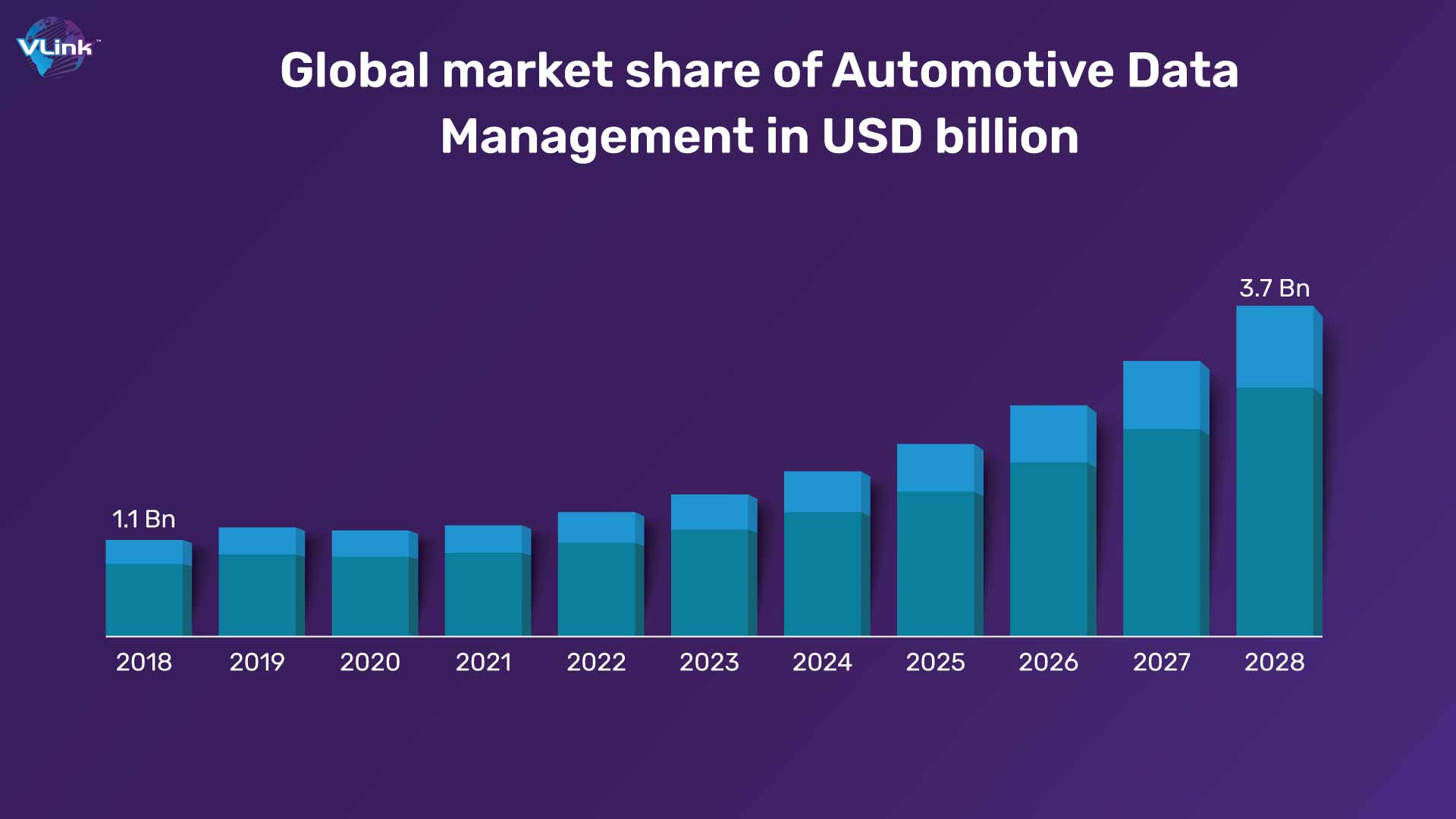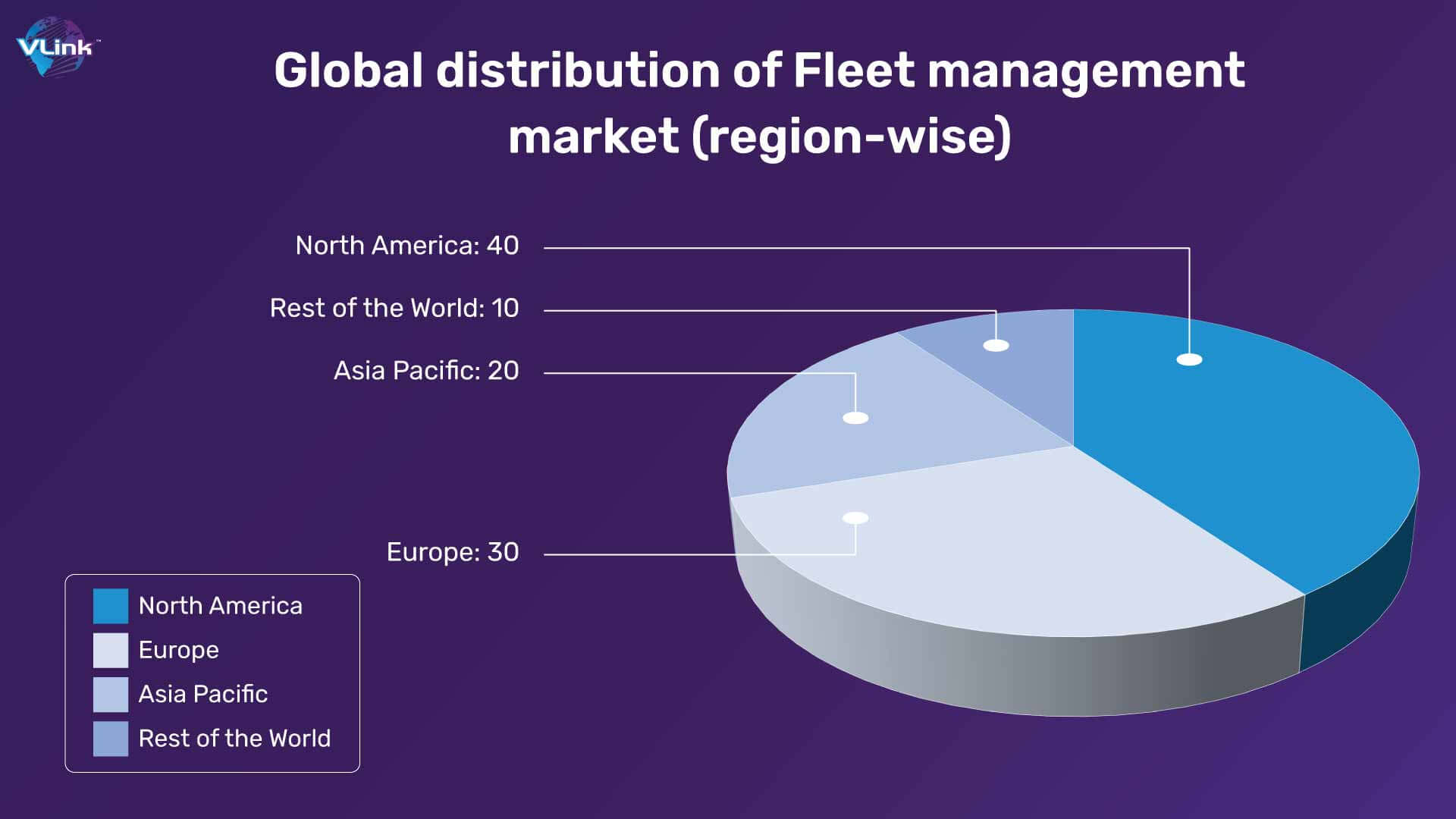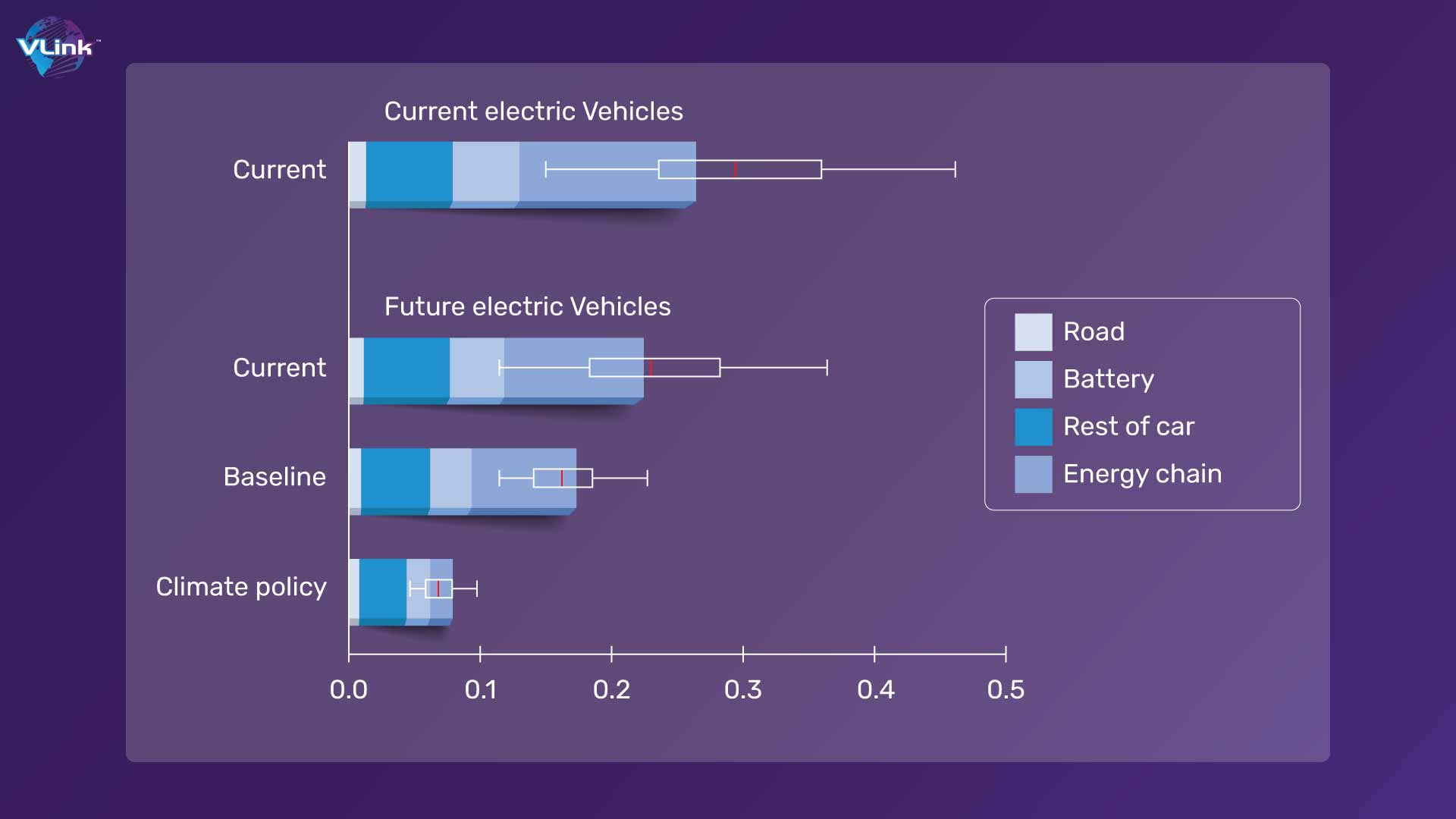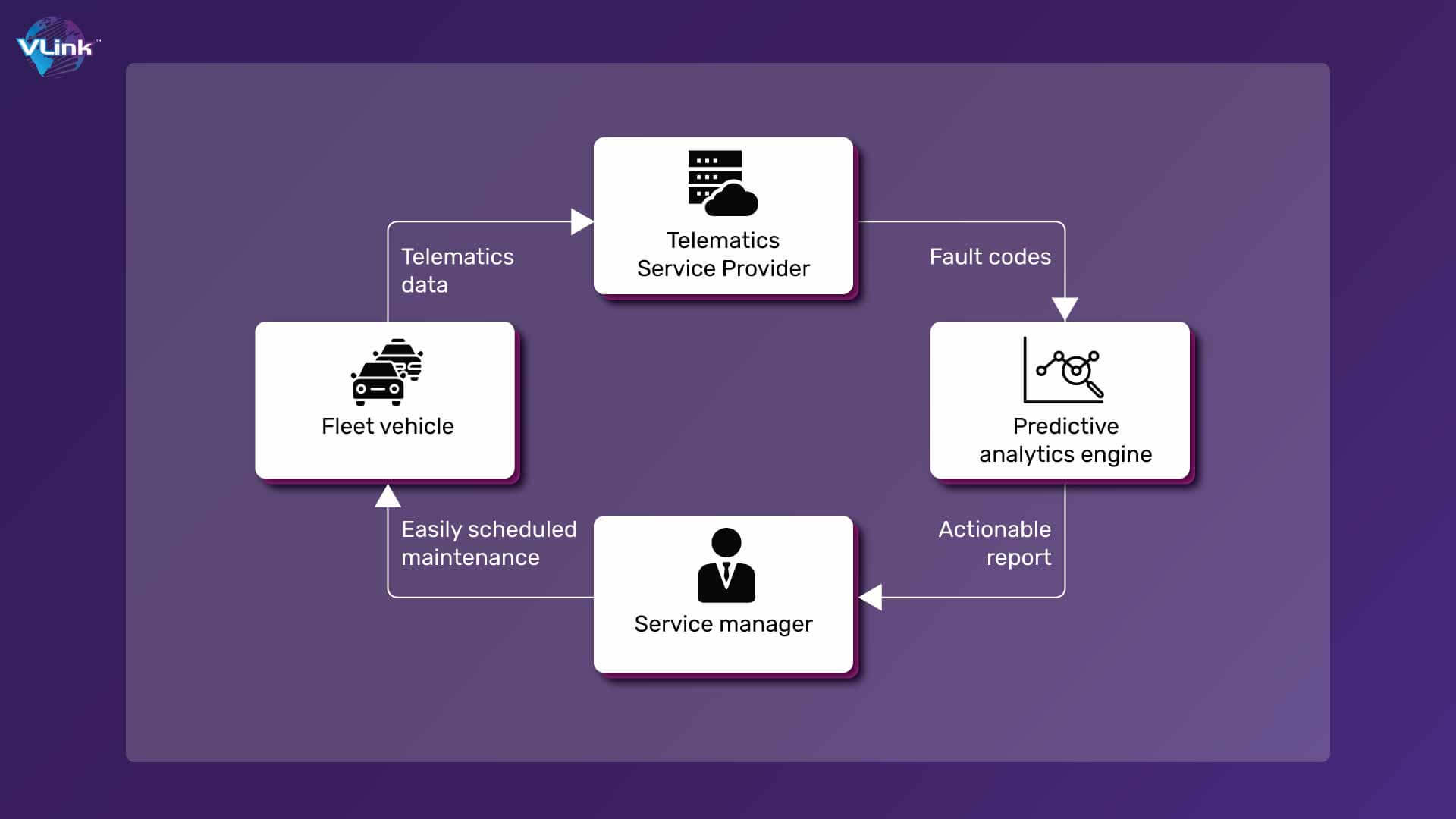The future of the automotive industry is here, and it's driven by cutting-edge technology – Automotive Analytics. In this comprehensive guide, we'll delve into the world of Automotive Analytics, exploring how it's shaping the new self-driving era. Buckle up as we take a deep dive into this exciting journey!
When we talk about automotive analytics, it's clear that we're on the cusp of a groundbreaking revolution. From safer roads to more efficient transportation, the benefits are evident. This technology is not just about cars; it's about changing the way we move and interact with our vehicles.
In this blog, we’ll dive deep in knowing this technology and its benefits in the automotive industry. But first, let’s start with its overview and core functions.
What is automotive analytics?
Automotive Analytics, in the context of the automotive industry, is the use of data analysis and advanced technology to collect, process, and interpret data from vehicles. It involves the application of various techniques, including artificial intelligence and machine learning, to gain insights and make informed decisions regarding vehicles, their performance, and related processes.
This technology enables automakers, fleet operators, and even individual vehicle owners to monitor and optimize various aspects of the automotive experience, such as predictive maintenance, fuel efficiency, safety features, and even the development of self-driving or autonomous vehicles.
 Automotive Analytics is instrumental in enhancing the safety and efficiency of vehicles, reducing maintenance costs, and making transportation more sustainable. It's a critical component in the ongoing transformation of the automotive industry, helping us move toward a new era of smarter, safer, and more efficient EV software development.
Automotive Analytics is instrumental in enhancing the safety and efficiency of vehicles, reducing maintenance costs, and making transportation more sustainable. It's a critical component in the ongoing transformation of the automotive industry, helping us move toward a new era of smarter, safer, and more efficient EV software development.
Role of automotive analytics in the automobile industry
The role of Automotive Analytics in the automobile industry is pivotal and multifaceted, revolutionizing how the industry operates. Here are some key aspects of its role:
- Predictive Maintenance
Automotive Analytics enables predictive maintenance, where vehicles continuously monitor their performance and health. By analyzing data from various sensors, the system can predict when maintenance is needed, preventing breakdowns and reducing repair costs.
- Fleet Optimization
For businesses relying on vehicle fleets, Automotive Analytics helps optimize routes, manage fuel consumption, and improve overall operational efficiency. This leads to significant cost savings and a smaller environmental footprint.

- Safety Enhancement
Real-time data analysis and AI algorithms incorporated into vehicles improve safety. Features like adaptive cruise control, lane-keeping assistance, and emergency braking systems contribute to reducing accidents and saving lives.
- Self-Driving Technology
Automotive Analytics plays a pivotal role in the development of self-driving or autonomous vehicles. It enables these vehicles to collect and analyze data from various sensors, making real-time decisions for navigation and safety.
- Data-Driven Decision Making
Manufacturers and businesses in the automotive industry rely on data to make informed decisions about product engineering, marketing, and customer experiences. Automotive Analytics provides valuable insights to drive these decisions.
- Customer Experience
By collecting and analyzing data on how customers use their vehicles, manufacturers can enhance the overall customer experience. This data helps in designing features that meet customer needs and preferences.
- Environmental Impact
The automobile industry is increasingly focusing on sustainability. Automotive Analytics can be used to monitor and reduce fuel consumption and emissions, contributing to a greener and more eco-friendly industry.
- Supply Chain Optimization
Beyond the vehicles themselves, Automotive Analytics can be applied to the supply chain, helping manufacturers manage inventory, logistics, and production efficiency.
- Quality Control
Automotive Analytics is used to maintain strict quality control standards in manufacturing, ensuring that vehicles meet safety and performance criteria.
- Market Research
The data collected and analyzed through Automotive Analytics aids in market research and trend analysis. It provides insights into consumer preferences, market demands, and emerging technologies.
In summary, Automotive Analytics is a transformative force in the automobile industry, enhancing safety, efficiency, and customer satisfaction while contributing to a more sustainable and technologically advanced future. It's a crucial tool for companies adopting EV software, fleet operators, and other stakeholders in the industry to stay competitive and meet the evolving demands of the market.
How automotive analytics is benefiting self-driving cars?
Automotive Analytics plays a pivotal role in benefiting self-driving cars in several ways:
- Real-time Data Analysis
Self-driving cars are equipped with numerous sensors and cameras that continuously collect data about their surroundings. Automotive analytics processes this data in real-time, allowing the vehicle to make split-second decisions, such as changing lanes, avoiding obstacles, and stopping for pedestrians.
- Safety Enhancement
Automotive Analytics helps self-driving cars implement advanced safety features. These features, such as adaptive cruise control, lane-keeping assistance, and emergency braking, rely on data analysis to detect potential hazards and respond accordingly. This significantly reduces the risk of accidents and enhances overall road safety.
- Route Optimization
Self-driving cars use data analytics to optimize routes. They consider real-time traffic conditions, road closures, and weather forecasts to choose the most efficient and safest path to the destination. This not only saves time but also reduces fuel consumption and emissions.
- Data Fusion
Self-driving cars generate an enormous amount of data from various sensors. Automotive Analytics uses data fusion techniques to combine and analyze this data comprehensively. This results in a more accurate and reliable perception of the vehicle's surroundings.
- Autonomous Decision-Making
Self-driving cars rely on Automotive Analytics to make autonomous decisions. They use machine learning algorithms to process data and adapt to various driving scenarios, such as changing traffic patterns, road conditions, and the behavior of other vehicles.

- Enhanced User Experience
Self-driving cars collect data about the preferences and behavior of passengers. Automotive Analytics helps personalize the in-car experience, adjusting features like climate control, entertainment, and seating position to provide a comfortable and enjoyable ride.
- Data for Improvement
Data collected by self-driving cars is valuable for improving the technology. Manufacturers use this data to refine algorithms, fine-tune sensors, and develop software updates that enhance the performance and safety of self-driving vehicles.
- Reduced Accidents
By constantly monitoring the vehicle's environment and responding to potential risks, self-driving cars equipped with Automotive Analytics have the potential to significantly reduce accidents caused by human error, such as distracted driving or impaired judgment.
- Legislation and Regulation
Automotive Analytics provides data that can be essential in shaping legislation and regulation for self-driving cars. Lawmakers and regulatory bodies can use this data to create policies that ensure the safe deployment of autonomous vehicles.
In conclusion, automotive analytics is the backbone of self-driving cars, providing the data-driven intelligence needed for autonomous operation. It enhances safety, efficiency, and the overall user experience, making self-driving cars a reality on our roads.
Future of automotive analytics for the industry
The future of Automotive Analytics holds exciting possibilities and is set to shape the automotive industry in profound ways:
- Full Autonomy
As technology advances, we can expect a future where self-driving cars become more prevalent. Automotive Analytics will play a pivotal role in ensuring the safe and efficient operation of these autonomous vehicles. The data collected and analyzed will continuously enhance the decision-making capabilities of self-driving cars, making them safer and more reliable.
- Enhanced Connectivity
The automotive industry is moving towards greater connectivity. Vehicles will become part of the larger Internet of Things (IoT) ecosystem, and Automotive Analytics will facilitate seamless communication between vehicles, traffic infrastructure, and even other road users. This will lead to improved traffic management and accident prevention.
- Data-Driven Customization
Automotive Analytics will enable a highly personalized driving experience. Vehicles will adapt to individual preferences, adjusting settings like seat position, climate control, and entertainment based on the driver's or passengers' past behavior and preferences.
- Predictive Maintenance
The future of Automotive Analytics will see even more accurate and predictive maintenance. Vehicles will be equipped with advanced sensors and diagnostic tools that anticipate maintenance needs well in advance, minimizing downtime and repair costs.

- Green Transportation
The push for sustainability will lead to more environmentally friendly vehicles. Automotive Analytics will optimize routes, reduce fuel consumption, and help electric vehicles manage their power usage efficiently. This will contribute to a greener and more sustainable transportation ecosystem.
- AI and Machine Learning
The use of artificial intelligence and machine learning in Automotive Analytics will continue to grow. These technologies will enable vehicles to adapt to complex and dynamic traffic situations, making them even safer and more reliable.
- Data Security and Privacy
With the increased connectivity and data sharing, ensuring data security and privacy will be paramount. The future of Automotive Analytics will see advancements in data encryption and cybersecurity to protect sensitive information and prevent cyberattacks.
- Regulatory Frameworks
As technology matures, governments and regulatory bodies will establish comprehensive frameworks for the deployment of autonomous vehicles and the use of Automotive Analytics. This will provide a clear roadmap for the safe and responsible adoption of these technologies.
- Smart Cities and Infrastructure
Cities will incorporate Automotive Analytics into their infrastructure to manage traffic, reduce congestion, and improve urban planning. This will create more livable and efficient urban environments.
- Global Adoption
Automotive Analytics will become a global standard, as countries and regions around the world recognize its benefits in terms of safety, efficiency, and sustainability. This will lead to a more interconnected and standardized automotive ecosystem.
In essence, the future of Automotive Analytics is a promising one. It will continue to push the boundaries of what's possible in the automotive industry, offering safer, more efficient, and more personalized transportation experiences while contributing to a more sustainable future.
VLink’s approach in integrating automotive analytics
With the advent of collaborative technologies, industries are escalating their progress towards betterment of the society. And the automotive industry is also pacing up its progress using automotive analytics. Integrating data analytics with self-driving vehicles will help companies as well as users to reach environmental goals.
VLink is a renowned technology company who believes in “Change for good”. Our data analytics solutions can help build a sustainable future for self-driving vehicles and companies that are manufacturing them.
In addition, our technology stack consists of latest tools and frameworks that completes an idea and transforms it into real-world application. So, just discuss your business idea with us and we will help you hit the right targets with the right digital tools.
Frequently Asked Questions
Automotive Analytics utilizes sensors and AI algorithms to collect and analyze data from vehicles. This data is used to enhance safety, improve maintenance, and optimize vehicle fleets.
Self-driving cars are equipped with autonomous features, but they often require driver supervision. Full autonomy is still a work in progress. Also, predictive maintenance reduces vehicle breakdowns, saves on repair costs, and increases the overall lifespan of vehicles.
Businesses with vehicle fleets can enjoy cost savings, increased efficiency, and reduced fuel consumption thanks to Automotive Analytics. Moreover, balancing data utilization with data privacy and ensuring robust cybersecurity measures are the primary challenges that it will solve with continuous integration.













